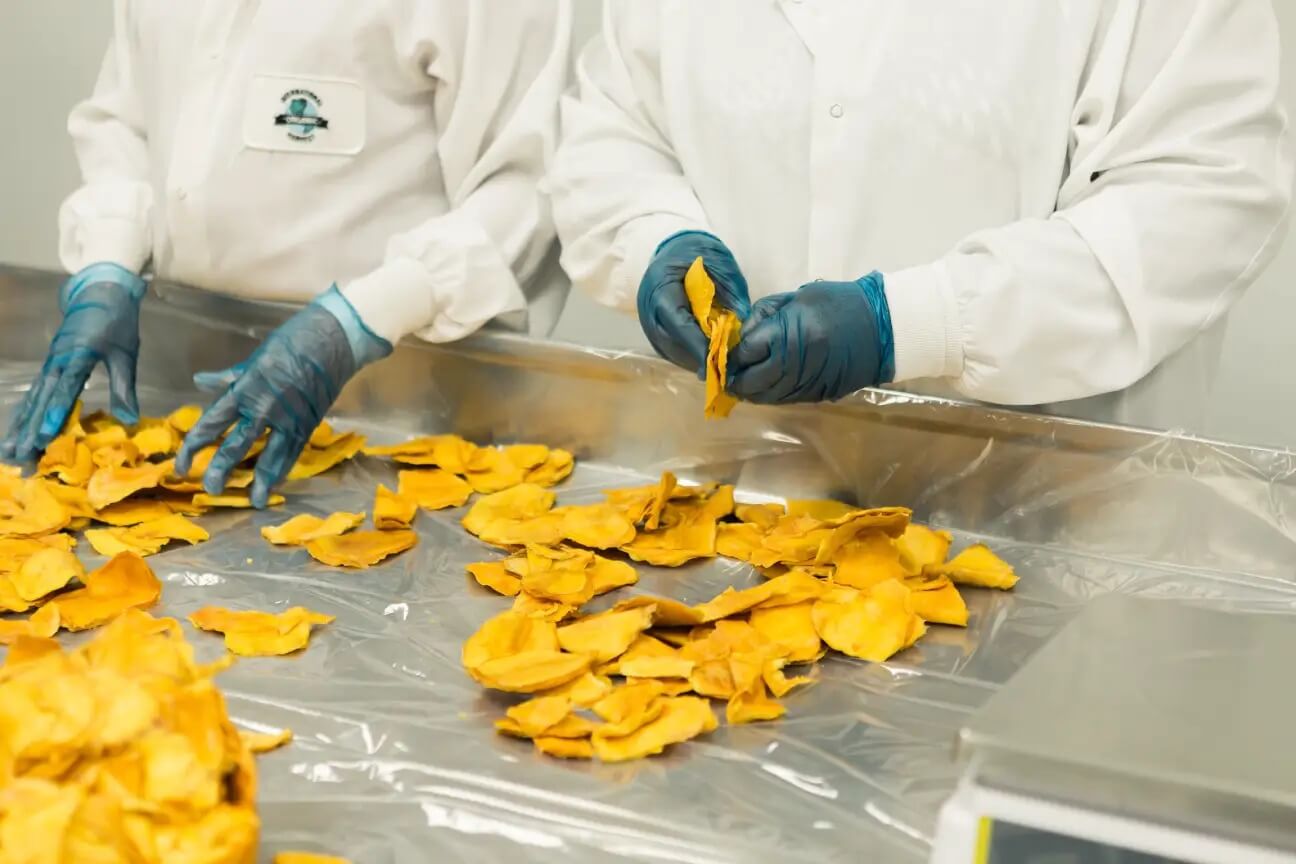
In the food industry, safety and trust are very important. The Global Food Safety Initiative, or GFSI, helps set standards for food safety in supply chains. This initiative is widely used by manufacturers, processors, distributors, and retailers to ensure food safety and quality. But what does GFSI really mean, and why is it important for B2B buyers and suppliers?
GFSI stands for the Global Food Safety Initiative. It started in 2000 by The Consumer Goods Forum, a group of retailers and manufacturers. It was created because of the many food safety problems and high costs from repeated audits. GFSI aims to bring food safety standards together worldwide. This helps to cut down on duplicate audits while keeping consumers safe.
Instead of certifying companies itself, GFSI acknowledges food safety certification programs that meet its strict standards. This recognition helps create a uniform approach to safety and compliance across different countries.
Food safety problems can lead to big losses in money and reputation. GFSI certification helps reduce these risks by making sure companies follow global food safety standards. For buyers, especially those getting ingredients or products from different areas, GFSI certifications mean trust, quality, and careful checking.
In industries where suppliers are from all over the world, a clear food safety approach makes buying easier and increases transparency. GFSI also makes the audit process quicker, saving time and resources for both buyers and suppliers.
While GFSI itself does not issue certificates, it benchmarks and recognizes food safety management systems. Some of the most widely adopted schemes under the GFSI umbrella include:
Other recognized schemes include:
Each of these schemes follows the principles of HACCP (Hazard Analysis and Critical Control Points), and includes criteria for traceability, hygiene, risk analysis, and continuous improvement.
A company that is certified under a GFSI-recognized program has a competitive advantage. This certification allows access to global markets and is often needed to work with big retailers and distributors. It also increases trust during supplier reviews and helps meet local and international food regulations.
In addition to outside recognition, GFSI certification helps teams within the company set up strong systems for handling risks, keeping records, and fixing problems. It promotes a culture of food safety that supports long-term success for the business.
For buyers on platforms like Nutrada, GFSI certification is an important sign of trust. When selecting suppliers, knowing that a partner meets GFSI standards makes it easier to avoid extra audits and ensures steady product quality.
In global procurement, food ingredient buyers sometimes encounter varying quality or paperwork standards. By choosing GFSI-certified partners, they can simplify the sourcing process, improve traceability, and reduce risks across different product types.
Getting certified starts with choosing a scheme that fits your industry and your role in the supply chain. Next, you conduct a gap assessment to see what needs improvement. Then, you implement necessary safety measures and have a third-party audit by a recognized certification body.
This process may take a few months, depending on how ready and big your company is. While there are costs, the long-term benefits like better access, credibility, and risk management often make it worth it.
It's important to know the difference between GFSI-recognized certifications and others like ISO 22000 or national standards. ISO 22000 is a good food safety management system, but it is not recognized by GFSI unless it is part of the FSSC 22000 scheme. GFSI is unique because it is recognized worldwide by major retailers and food service brands. This makes it valuable for businesses that want to grow internationally.
On the other hand, organic or fair trade certifications focus on areas like sustainability and ethics. While these certifications can support food safety, they do not replace it.
The GFSI framework is changing to keep up with the industry. New trends include using digital traceability systems, more remote audits, and a stronger focus on matching safety rules with environmental and social standards.
Regulatory groups and large retailers now use GFSI standards in their purchasing policies. Because of this, suppliers who do not have any food safety certification may miss important market chances.
Nutrada makes it easy to find GFSI-certified suppliers. We provide strong filtering tools and reliable information. Whether you need raw ingredients or packaged foods, GFSI certification is clearly shown, helping buyers make smart choices.
For suppliers, showing GFSI compliance on Nutrada boosts visibility and trust with international buyers.
GFSI certification types are food safety programs approved by GFSI. These include BRCGS, IFS, FSSC 22000, SQF, and GLOBALG.A.P. Each certification has a specific purpose in the supply chain.
These are trusted third-party groups, like SGS, DNV, or Bureau Veritas, that check and certify companies using GFSI-approved programs.
Costs can change based on the size of the company, the certification plan, and the extent of the audit. For small to medium businesses, typical certification costs range from €5,000 to €15,000.